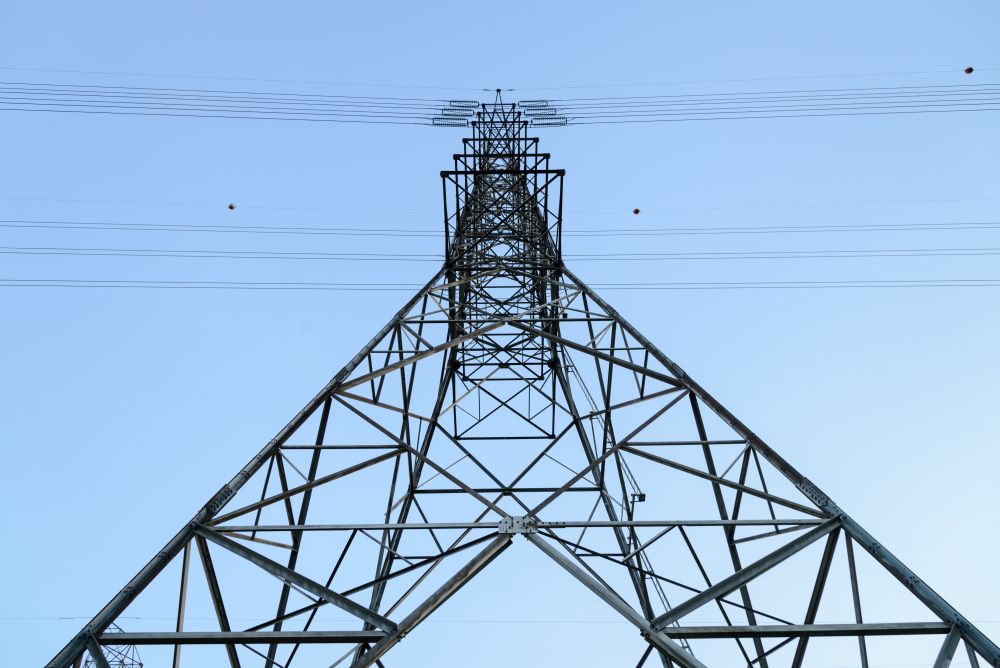Executive summary
The energy crisis that started in 2022 reminded European governments of the resilience provided by relatively well-integrated European electricity markets, which have been painstakingly built-up over several decades. European Union leaders thus decided to reverse a creeping energy renationalisation and to invest in completing the internal market.
However, there are some indications that this momentum is being lost, with different EU capitals taking different lessons from the energy crisis, at a time of unprecedented investment needs in generation and grids across the EU.
The multiple benefits of enhanced EU energy-market integration should be emphasised. ‘Techno-economic’ benefits can be secured from optimising the design and operation of several national electricity systems jointly, rather than individually. These benefits will increase massively with higher shares of renewables and include less fossil-fuel burn and less volatile short-term prices, cost savings through harnessing regional renewables advantages, reduced need for expensive back-up capacity and flexibility, and enhanced resilience to shocks.
In addition, greater energy-market integration will trigger benefits of a more managerial-governance related nature, though these are harder to quantify. They include benefits in terms of competition, innovation and credibility, which are particularly useful in the electricity sector, which typically faces rather long investment times and high degrees of concentration in purely national markets.
Further market integration requires substantial political investment. Governments will need to deal with significant distributional effects within and between countries. Experience has shown that domestic political constraints in this respect are often numerous and difficult to overcome.
Therefore, achieving the benefits of integration will require a vision on what degree of integration is feasible and desirable, and how to properly implement and govern it. It will also require an honest acknowledgement of the implications and costs of not pursuing greater integration.
Conall Heussaff skillfully organised the process of bringing the paper together. Conall Heussaff and Ben McWilliams did a lot of the heavy lifting on data analysis and designing the figures. Very useful comments by Leonardo Meeus are gratefully acknowledged. All authors contributed in a personal capacity and not on behalf of their institutions. Christian Zinglersen is thanked for his comments and for reviewing the paper and suggesting revisions.
About the Authors
Georg Zachmann is a Senior Fellow at Bruegel, where he has worked since 2009 on energy and climate policy. His work focuses on regional and distributional impacts of decarbonisation, the analysis and design of carbon, gas and electricity markets, and EU energy and climate policies. Previously, he worked at the German Ministry of Finance, the German Institute for Economic Research in Berlin, the energy think tank LARSEN in Paris, and the policy consultancy Berlin Economics.
Carlos Batlle is an expert in electrical power systems, an instructor with FSR Energy & Climate, an Associate Professor at Comillas, and a Visiting Scholar at MIT.
Francois Beaude is a Policy Officer at DG COMP of the European Commission.
Christoph Maurer is Managing Director at Consentec and Lecturer at Institute of Electrical Energy Systems at Friedrich Alexander University Erlangen-Nürnberg.
Monika Morawiecka is Senior Advisor at Regulatory Assistance Project (RAP).
Fabien Roques is an Associate Professor at University Paris Dauphine and the Florence School of Regulation and an Executive Vice President with the economics consultancy Compass Lexecon where he leads the European energy practice.

